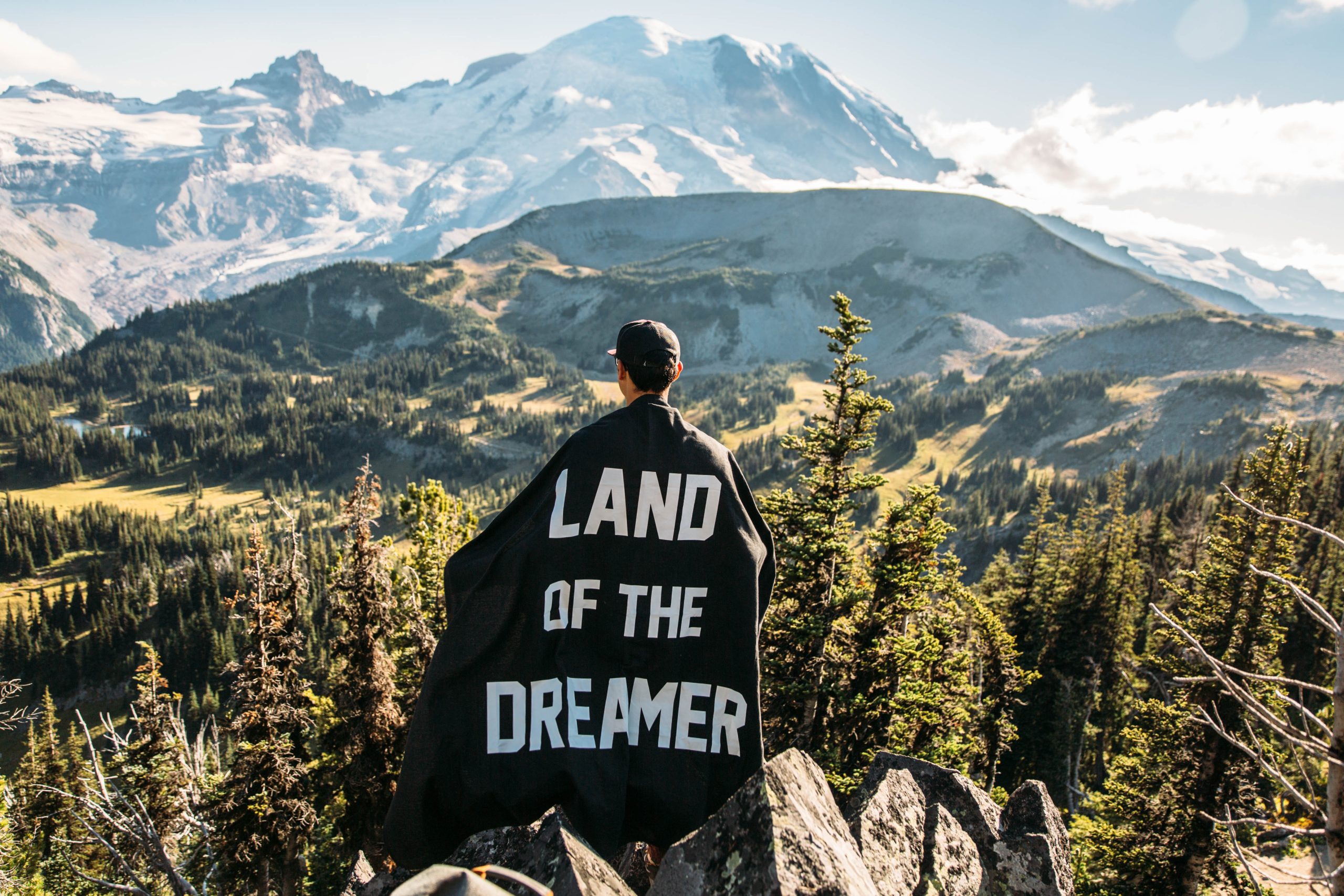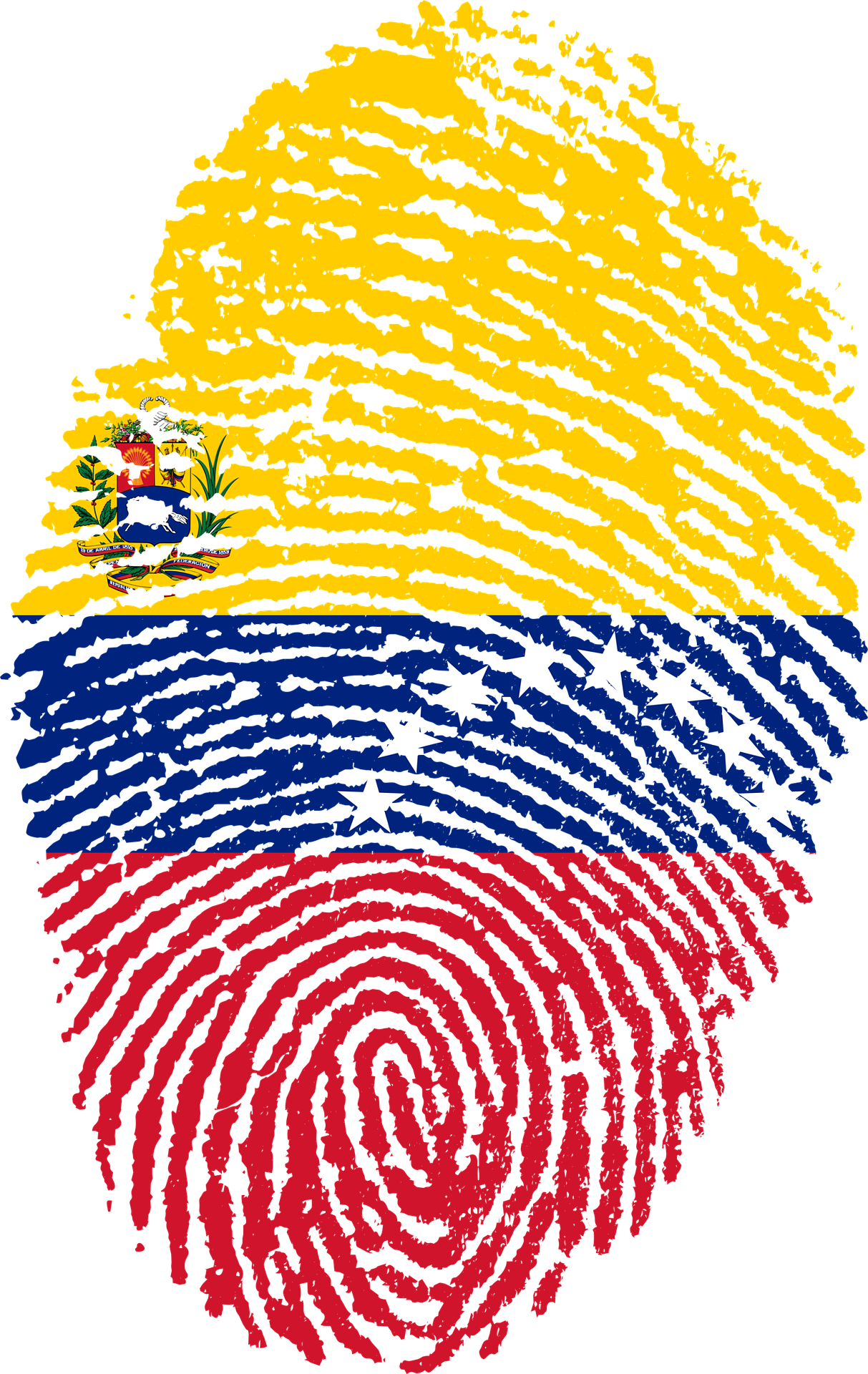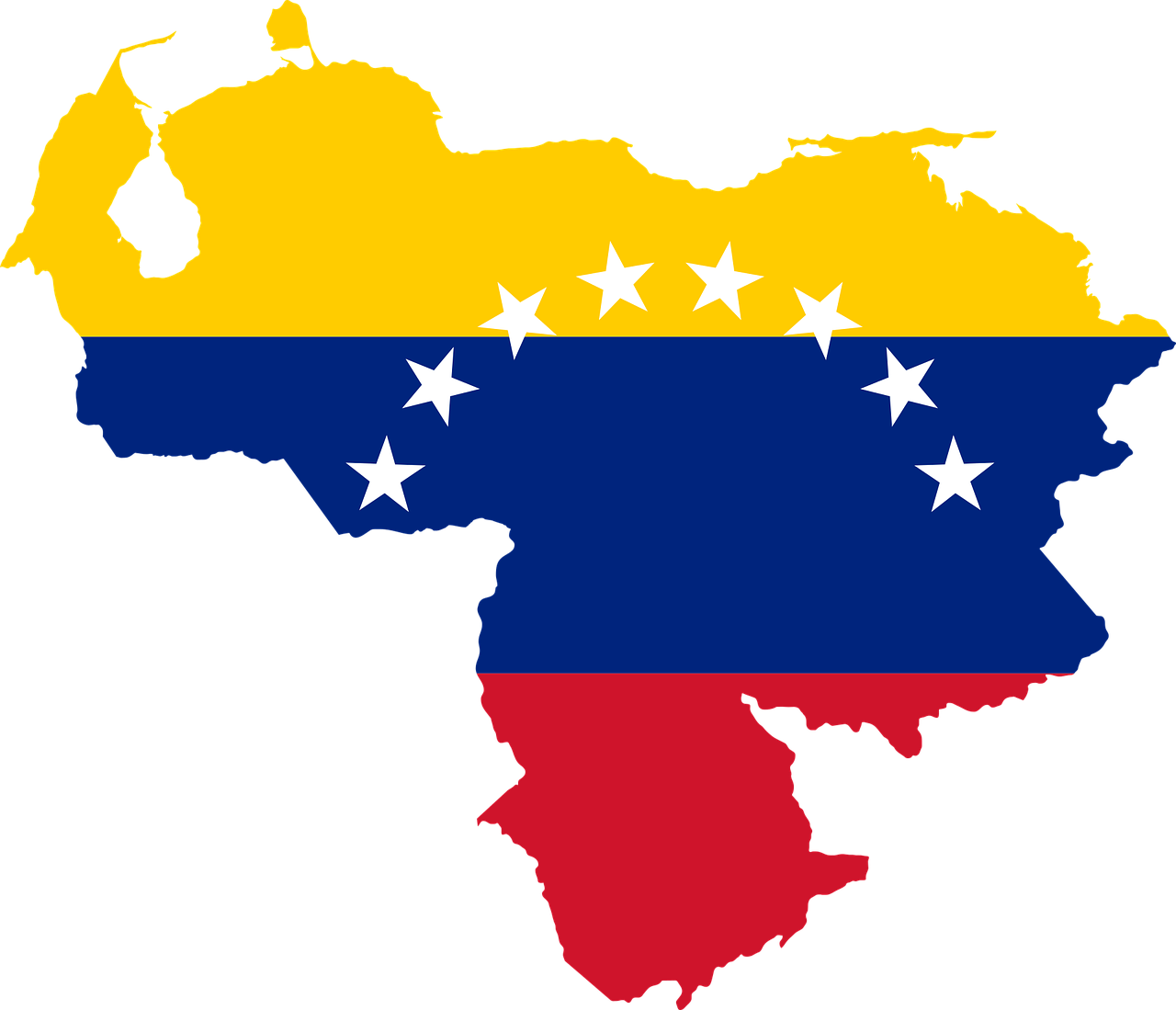
In this blog post, we bring you some unfortunate news. Recently, the U.S. Department of Education announced that it will no longer recognize the Accrediting Council for Independent Colleges and Schools (ACICS) as an accrediting agency.
Sadly, this means that certain F-1 student visa applicants will be impacted by this change, including those undertaking an English language study program. The U.S. Citizenship and Immigration Services has said that such programs are required to be accredited under the Accreditation of English Language Training Programs Act.
Additionally, this change will impact F-1 students applying for a 24-month science, technology, engineering and mathematics (STEM) optional practical training (OPT) extension, because government regulations now require use of a degree from an accredited, Student and Exchange Visitor Program (SEVP) certified school to receive a STEM OPT extension.
The regulations make clear that the school must be accredited at the time of the application (the date of the designated school official’s (DSO) recommendation on the Form I-20, Certificate of Eligibility for Nonimmigrant Student Status).
What happens next?
Students who have been impacted by this change will receive notification letters from SEVP informing them that their schools’ certification has been withdrawn.
USCIS has said that students who are enrolled at an ACICS-accredited school should contact their DSOs immediately to understand how this loss of accreditation will impact their status and/or immigration benefits.
To make matters worse, schools accredited by ACICS will not be able to issue program extensions, and students will only be allowed to finish their current session if the ACICS-accredited school chooses to voluntarily withdraw its certification or if is withdrawn by SEVP.
If a student’s ACICS-accredited school can provide evidence of a Department of Education recognized accrediting agency or evidence in lieu of accreditation within the allotted timeframe, the student may remain at the school to complete their program of study.
Requests for Evidence Imminent for I-539 Extend/Change of Status
The U.S. Citizenship and Immigration Services (USCIS) will be issuing requests for evidence (RFEs) to individuals who filed Form I-539, Application to Extend/Change Nonimmigrant Status, on or after August 19, 2022, requesting a change of status or reinstatement to attend an ACICS-accredited English language study program.
Once the individual receives the RFE, they will be given the opportunity to provide evidence in response, such as documentation showing that the English language study program they are seeking to enroll in meets the accreditation requirements.
If the student does not submit a new Form I-20 from a school accredited by an entity recognized by the Department of Education, USCIS will deny a change of status or reinstatement request.
Continue reading
 Visa Lawyer Blog
Visa Lawyer Blog











